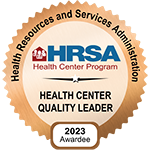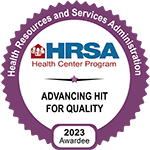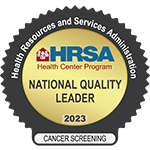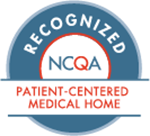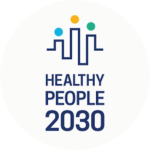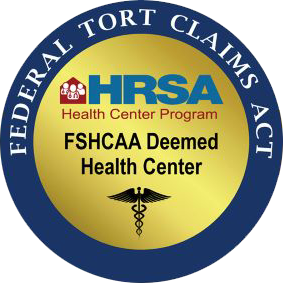Good Health is for ALL!
At ACHS, we believe everyone is entitled to good health and quality care, regardless of age, gender, religion, nationality, sexual orientation or socio-economic status. This belief is at the core of our mission as a Federally Qualified Health Center (FQHC) and deeply rooted in our organization’s philosophy which extends from our providers and support staff to our administrative and services team. Recently, we wanted to take a closer look at how we communicate this mission of inclusion to patients.
Do all patients feel included, listened to, heard?
The truth is that just because we say it and believe it, not everyone may feel it. Could some patients feel left out, uncomfortable getting care, or put off getting the care they need for fear of being judged? We wanted to find out. To gain a better understanding of the segments of our patient population who may not feel heard, we started a Patient Communication Task Force (PCTF) comprised of patients and team members from varied ACHS departments.
The first patient group we focused on was the specific health care needs of our LGBTQ+ patients. It is estimated that nearly 5% of the American population identifies as LGBTQ+. As acceptance grows, so will these numbers, especially for youth. A 2017 Harris Poll survey shows that 21% of Millennials (born 1981-1996) and 31% of Centennials (born after 1997) identify as LGBTQ+. Many in this patient audience have health care concerns and health care barriers specific to their patient group.

The PCTF group met with patients in this segment to better understand the specific challenges the LGBTQ+ patient base may face in receiving health care. Data shows us that these patients experience more behavioral health concerns, domestic violence, alcohol and drug dependencies, and suicide rates. They have higher instances of obesity, hypertension, certain cancers, and cardiovascular issues. The LGBTQ+ patient base is also less likely to get regular check-ups, screenings, and tests. A lack of social support and acceptance over the years has led to isolation and a non-proactive approach to health.
Simply put, due to a lack of support from family, providers or community, many patients
in the LGBTQ+ audience have not felt comfortable sharing their health care concerns or even seeking the most basic of care. ACHS aims to make sure these patients know they can feel welcome here.
At ACHS we know that protective factors, such as having access to effective medical care, community support, coping skills, and strong family connections, make it less likely that individuals will consider or attempt suicide. Plus, patients who feel cared for and listened to are more likely to get the medical, behavioral health and support services that can help them get and stay healthy.

How can we let those in the LGBTQ patient group know ACHS is a welcome place for them?
Through our patient input and PCTF, we were able to identify improvements we can make at ACHS to better communicate our available services. We’ll kick off our first communication campaign this month as we celebrate PRIDE month with posters, emails, and social media posts letting everyone know ACHS is LGBTQ+ friendly and supportive. ACHS team members will be wearing equality pins to show their support, and you’ll notice the equality decals at the entrances of each ACHS site. We’ve updated our patient forms and the language we use to be more inclusive and added additional health care resources for our providers. We’ve also added patient resources on our website. Throughout the year, the PCTF will continue to meet and address LGBTQ+ health care concerns.
We know it’s just a start. But, it’s an important one and a necessary step in making sure all feel included at ACHS.
Do you have suggestions for ACHS on how we can improve our services or patient communication? Please let us know by emailing: [email protected]

